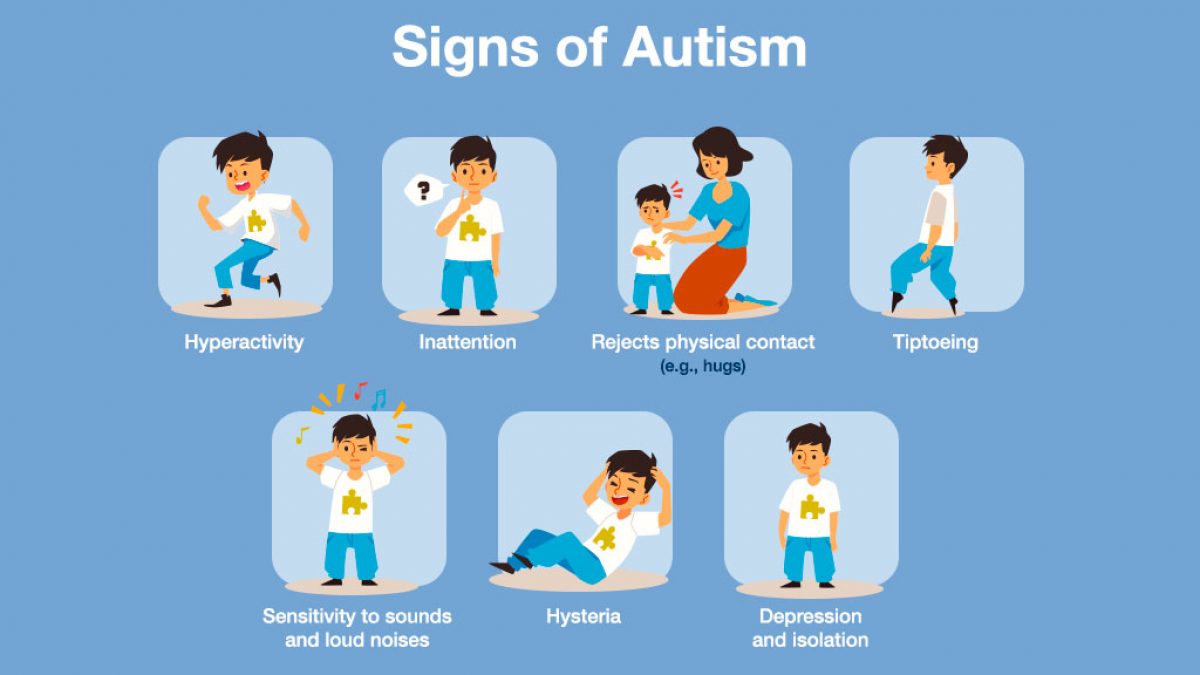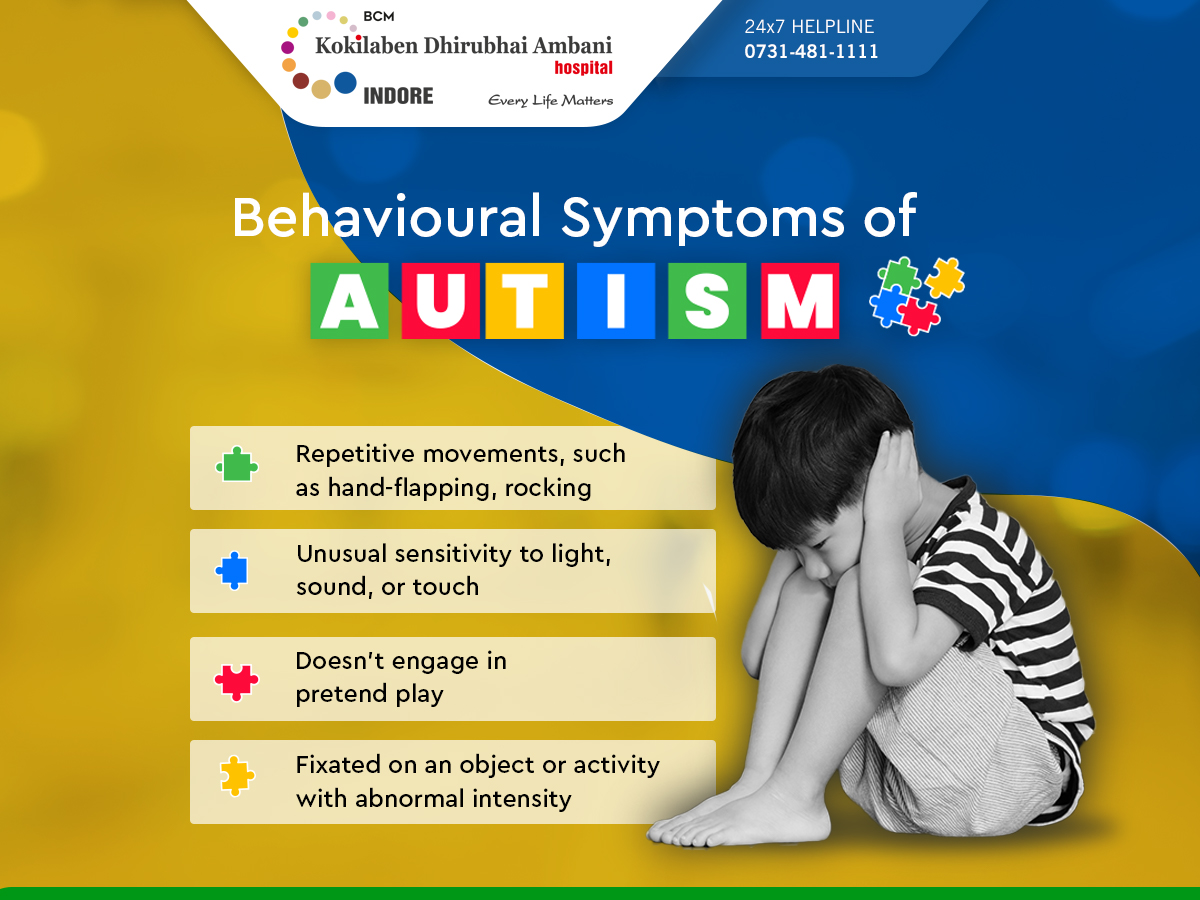Trick Symptoms And Signs to Recognize in Individuals With Behavior Autism
When you run into somebody with behavior autism, acknowledging essential signs and symptoms is crucial. Additionally, sensory level of sensitivities can lead to overwhelming experiences.
Difficulties in Social Interactions
When you communicate with a person on the autism spectrum, you might discover they battle with social signs and communication. These challenges can make social interactions really feel frustrating for them.
Additionally, you may locate that they choose regimens and familiar setups, which can restrict their desire to participate in new social situations. They might chat regarding their passions in excellent information without observing if you're interested when they do involve. This can lead to prejudiced discussions that leave you feeling detached. Understanding these obstacles can assist you come close to communications with empathy and patience, promoting an extra comfortable setting for both of you.
Problem With Verbal and Non-Verbal Interaction

Identifying these indicators is vital, as it aids you much better support and engage with people on the autism range. By understanding their communication difficulties, you can foster more meaningful connections and supply a much more supportive atmosphere.
Repeated Habits and Routines
Interaction challenges typically accompany various other indications of autism, such as repeated behaviors and a solid preference for routines. You may notice that individuals with autism usually take part in details, repeated actions, like hand-flapping, shaking, or duplicating phrases. These behaviors can provide comfort and a feeling of control in a typically frustrating world.
When they adhere to an organized routine,Routines are similarly important; lots of people flourish. You might discover that changes to these regimens can lead to substantial distress. For instance, if they have an everyday ritual of consuming breakfast at a specific time or complying with a certain path to college, any kind of disruption can cause stress and anxiety.
Identifying these patterns helps you comprehend their actions and give support. By suiting their requirement for regular and permitting recurring actions, you can create a much more comfy setting that reduces their challenges.
Sensory Sensitivities

Typical Sensory Triggers
Sensory level of sensitivities can significantly impact day-to-day live for individuals with autism, as certain stimulations often activate frustrating reactions. Typical sensory triggers consist of loud sounds, bright lights, and solid smells. You might notice that sudden sounds, like alarm systems or sirens, create anxiety or distress. In a similar way, fluorescent illumination in stores can feel rough and uneasy. Structures can likewise play a significant function; harsh fabrics or certain food textures may be unbearable for you. Furthermore, crowded areas can bewilder your detects, making it difficult to loosen up or concentrate. Comprehending these triggers can assist you handle your environment much better. By understanding what impacts you, you can take actions to lessen discomfort and enhance your day-to-day experiences.
Behavioral Actions Clarified
Recognizing your behavior responses to sensory sensitivities is crucial, as they often disclose exactly how you interact with the world. You may also discover on your own seeking certain sensory experiences, like deep stress or silent environments, to help ground yourself. Acknowledging these patterns helps you understand your needs better and can assist just how you connect them to others.
Coping Strategies Overview
Recognizing your sensory sensitivities is simply the very first action; now it's time to he has a good point check out coping approaches read what he said that can aid you manage those experiences efficiently. Begin by producing a sensory toolkit tailored to your needs. Establishing an organized regimen can additionally supply predictability, decreasing anxiety around sensory overload.
Limited Interests and Emphasis
While numerous individuals create a vast array of rate of interests, those with autism usually show limited interests and an intense concentrate on particular subjects. You could see that somebody with autism can spend hours diving right into their preferred topic, whether it's a particular sort of train, a particular movie, or a clinical idea. This extreme focus isn't simply a hobby; it can become a main part of their identification and social interactions.
You might find that discussions focus on these rate of interests, and they may have a hard time to engage in broader subjects. For them, these focused rate of interests provide comfort and a feeling of proficiency. While it is necessary to urge exploration of brand-new topics, appreciating their enthusiasms is similarly essential. By understanding and recognizing these restricted passions, you can foster a supportive setting where they feel valued and recognized, enabling more purposeful connections and communications.
Psychological Regulation Problems
People with autism usually encounter challenges in psychological regulation, which can be influenced by their intense concentrate on details rate of interests. You might observe that when a person is deeply engaged in a preferred activity, they can experience solid emotions, whether excitement or irritation. When points don't go as intended., this strength occasionally makes it tough for them to move equipments or handle their feelings - Autism Behavioral Therapy.

Variability in Developing Milestones
When it comes to developmental turning points, you'll discover that people with autism commonly show a broad array of irregularity. You could see a kid excel in language skills however struggle with social interactions.
It's vital to recognize that each individual's journey is unique. Some might create complicated skills early, just to deal with difficulties in the future. Others might take longer to attain standard turning points however then thrive in specific locations. Observing these patterns can assist you comprehend their staminas and requires better.
Often Asked Questions
How Is Autism Detected in Children and Grownups?
To identify autism in kids and adults, experts evaluate behavior, interaction skills, and social communications. They often make use of standardized tests, interviews, and monitorings to identify if a specific satisfies the criteria for autism range problem.
Are There Different Kinds of Autism Spectrum Disorders?
Yes, there are various sorts of autism spectrum conditions, consisting of Asperger's syndrome and pervasive developing disorder-not otherwise specified. Each kind varies in seriousness and features, so recognizing these distinctions can aid you better assistance individuals with autism.
What Treatments Work for Individuals With Autism?
When thinking about effective therapies for people with autism, you'll locate options like Applied Habits Evaluation, speech treatment, and work-related therapy. Each approach can aid improve interaction, social skills, and daily operating tailored to private needs.
Can Individuals With Autism Lead Independent Lives?
Yes, individuals with autism can lead independent lives. With the ideal assistance, abilities training, and resources, you can help them establish self-sufficiency, manage everyday jobs, and prosper in numerous environments, fostering their self-reliance.
Just How Can Family Members Assistance Loved Ones With Autism?
You can support your loved ones with autism by creating an organized atmosphere, motivating their passions, exercising patience, promoting interaction, and promoting social skills. Celebrate their accomplishments, no issue just how tiny, and construct an encouraging area.
Although several people on the autism range can recognize and make use of language, they often encounter significant difficulties with both verbal and non-verbal interaction. Identifying these indications is vital, as it assists you much better support and engage with individuals on the autism spectrum. You may observe that people with autism often engage in certain, repeated actions, like hand-flapping, shaking, or duplicating phrases.Sensory sensitivities can substantially influence everyday life for individuals with autism, as certain stimulations commonly activate overwhelming reactions.When it comes to developing turning points, you'll notice that people with autism commonly show a wide array of variability.